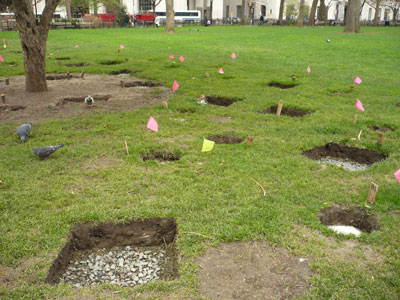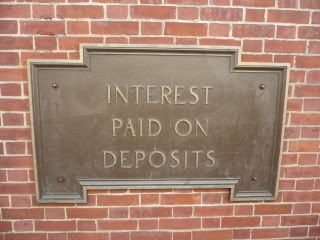Manda Mosher, Everything You Need
Manda Mosher's airy but sultry alto is a refreshing change from the little-girl voices that dominate pop music, and crop up a lot in today's rootsy music too. Mosher's sun-baked pop-rock doesn't fall easily into a genre either, though decades ago we could safely have simply called it "rock."
Mosher's dobro plucking and Dylanesque harmonica playing nod to the front porch, but her songs, especially in these keyboard-heavy arrangements, hark back more to 1970s arena rock (especially Tom Petty and the Heartbreakers) than to anything current. The sole cover, however, is a lovely acoustic rendition of Pete Townshend's sweet, slightly precious "Blue, Red, and Grey."
Though reasonably well-crafted, Mosher's songs are a little pallid, lacking in excitement. As if trying to make up for this, producer Guy Erez has overproduced the tracks, and they are recorded on the CD crazily loud. These choices don't serve Mosher's subtle vocals well. She's not a brash Kelly Clarkson or a squeaky Taylor Swift, she's more of a smoky Christine McVie or Joni Mitchell. But this CD tries to hit you over the head with her. I suspect I'd enjoy her music more if it were in a more intimate setting.
Slaid Cleaves, Everything You Love Will Be Taken Away
Slaid Cleaves is one of those consummate songwriters whose stuff would sound great coming from almost any singer you can think of. But like Kim Richey (of whom he reminds me), his own voice, though not a powerhouse instrument, wraps perfectly around his words and melodies.
Cleaves' first new CD of original material in five years is the kind of album it's hard to write about because the music doesn't invite much analysis. It's like trying to grab hold of an object so smooth and frictionless you can't get a grip on it. Gurf Morlix, one of Americana music's great unsung producers, keeps things spare and simple, as befits the literate but straight-arrow songs.
Cleaves' stories and vignettes range from workingman's plaints, like "Tumbleweed Stew" and the Springsteen-esque "Hard to Believe," to grim ditties of war and death like "Green Mountains and Me" and the relentless, Townes-sad "Twistin'." Although there's a lot of negative imagery in the lyrics, the music has an unprepossessing, almost dancing quality even when it's slow. This makes you lean into the lyrics to see the vivid pictures. Good-looking music, this.
Jesse Terry, The Runner
Here's an expertly crafted, beautifully produced CD of poppy country-rock from a singer-songwriter with an open, engaging, emotionally powerful voice and a knack for melodies. But the lyrics take it down a peg. Cliches and sentimental storytelling are OK in songs up to a point, of course, but only if they're put together in original ways, or if they sit perfectly with the melodies in that indescribable, magical way that turns a competent song into a really good one.
These lyrics too often disappoint in that sense, even edging into cheesiness at times, as with the title track. In other songs, like "Edges" and "Ghost Town," good setups with well-conceived tunes and imagery don't lead to strong musical payoffs.
Where Terry does connect, for me, is in his acoustic ballads, where rather than forcing his way to attempted big choruses, he seems to be simply saying what he wants to say. "Noise," "A Refuge," and the exquisite "Africa" flow with complete naturalness, like songs by the Beatles, Don Henley, or Kevin So.
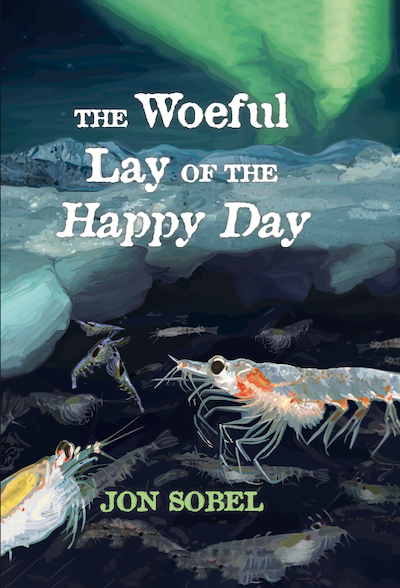
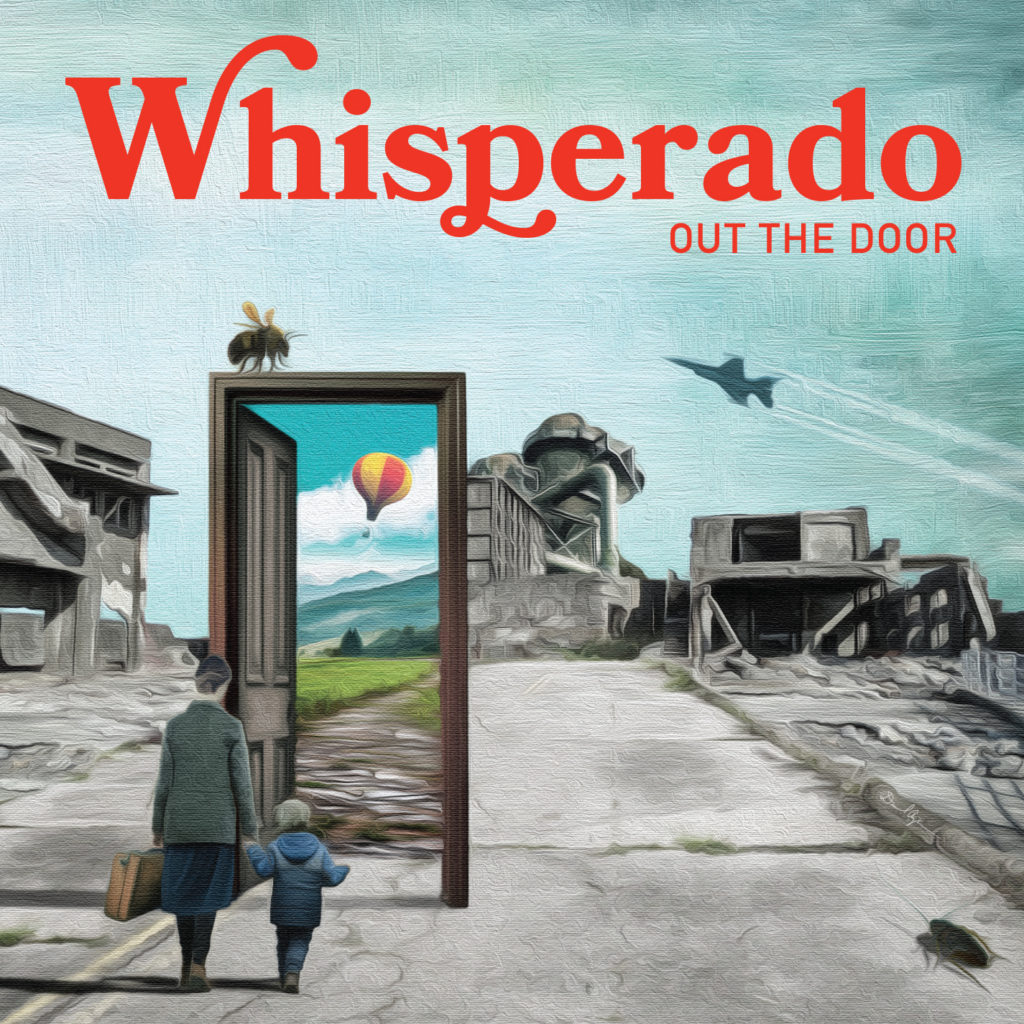
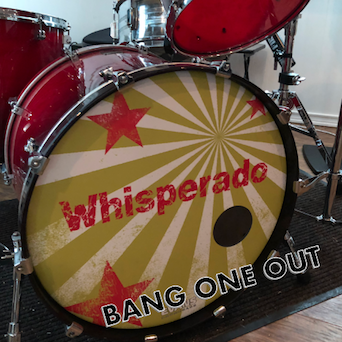

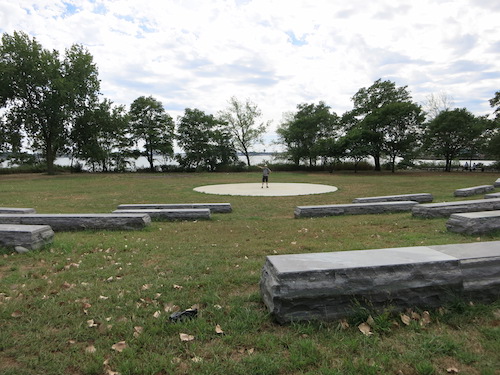
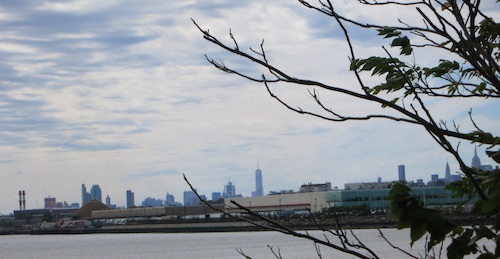
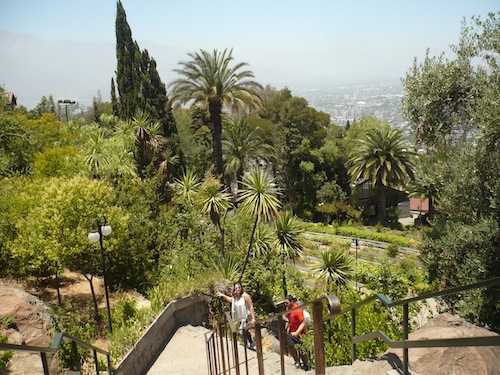


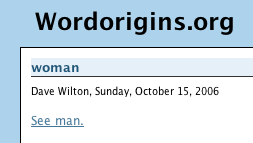
 The "million" figure comes from the famous 2008
The "million" figure comes from the famous 2008  I’m a freelancer and I have to stay in touch even when I’m away from home, in case any work comes up. And I have to be able to do the work, if it does. Managing your time effectively as a freelancer can be difficult (although there is helpful advice on
I’m a freelancer and I have to stay in touch even when I’m away from home, in case any work comes up. And I have to be able to do the work, if it does. Managing your time effectively as a freelancer can be difficult (although there is helpful advice on  Paleontologists have since discovered many, many more dinosaurs. I realized with amazement, paging through my brother’s thick, heavy new dinosaur book, that every dinosaur we knew of as kids – tyrannosaurus rex, trachodon, triceratops, allosaurus, ankylosaurus, what used to be called a brontosaurus – is now known to be a whole family of sauropods, dozens or hundreds in each group.
Paleontologists have since discovered many, many more dinosaurs. I realized with amazement, paging through my brother’s thick, heavy new dinosaur book, that every dinosaur we knew of as kids – tyrannosaurus rex, trachodon, triceratops, allosaurus, ankylosaurus, what used to be called a brontosaurus – is now known to be a whole family of sauropods, dozens or hundreds in each group. If that’s not practical now, you should be actively planning for it. And the governments of the world should be using carrots, then (eventually) sticks where needed, to aim societies in that direction.
If that’s not practical now, you should be actively planning for it. And the governments of the world should be using carrots, then (eventually) sticks where needed, to aim societies in that direction. Perhaps it’s a manifestation of our essential internal conflict. You know the one: between our earthbound reality and our mental capacity to dream to infinity.
Perhaps it’s a manifestation of our essential internal conflict. You know the one: between our earthbound reality and our mental capacity to dream to infinity.

